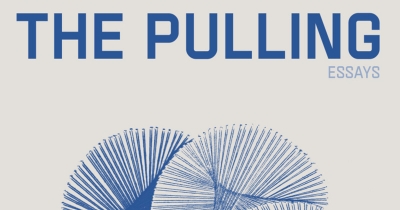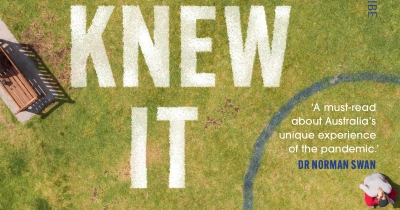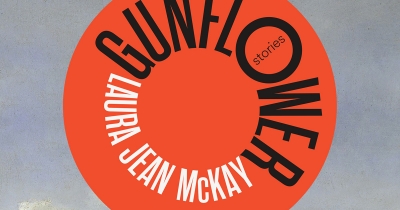Scribe
Working for the Brand: How corporations are destroying free speech by Josh Bornstein
by Kieran Pender •
Fact or Fission?: The truth about Australia's nuclear ambitions by Richard Broinowski
by Wayne Reynolds •
Troubled Minds: Understanding and treating mental illness by Sidney Bloch and Nick Haslam
by Jennifer Harrison •
The New World Disorder: How the West is destroying itself by Peter R. Neumann, translated by David Shaw
by William Leben •
Life As We Knew It: The extraordinary story of Australia’s pandemic by Aisha Dow and Melissa Cunningham
by Ben Brooker •










